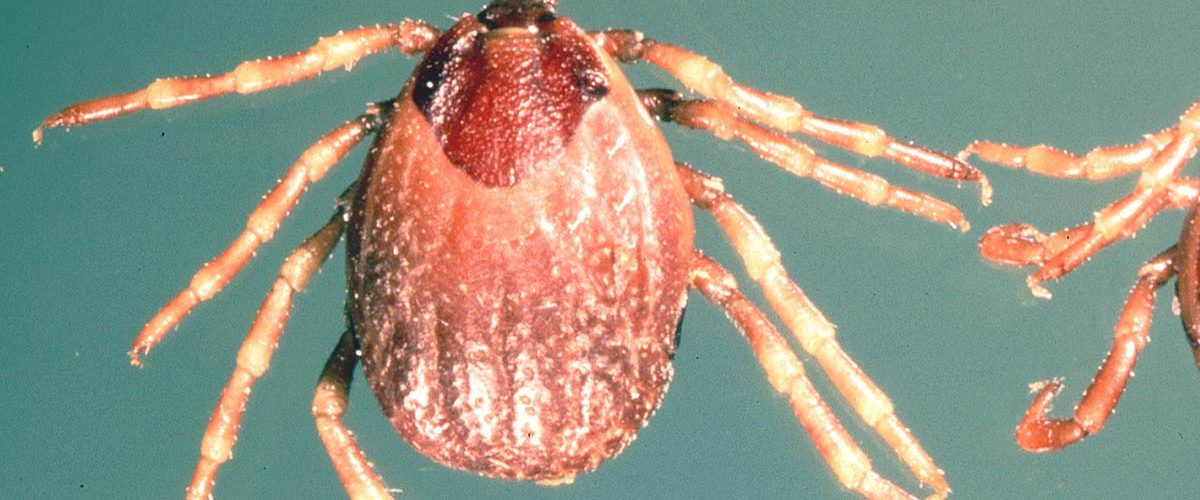The Crimean-Congo haemorrhagic fever (CCHF) virus causes severe viral hemorrhagic fever outbreaks. CCHF is endemic in Africa and has case fatality rate of 40%. The virus is primarily transmitted to people from ticks and livestock animals. Human-to-human transmission can occur resulting from close contact with the blood, secretions, organs or other bodily fluids of infected persons. There is no vaccine available for either people or animals.
The CCHF virus is transmitted to people either by tick bites or through contact with infected animal blood or tissues during and immediately after slaughter. The majority of cases have occurred in people involved in the livestock industry, such as agricultural workers, slaughterhouse workers and veterinarians. Human-to-human transmission can occur resulting from close contact with the blood, secretions, organs or other bodily fluids of infected persons. Hospital-acquired infections can also occur due to improper sterilization of medical equipment, reuse of needles and contamination of medical supplies.
The incubation period depends on the mode of acquisition of the virus and it varies from 1 to a maximum of 13 days. Onset of symptoms is sudden, with fever, muscle pain, dizziness, neck pain and stiffness, backache, headache, sore eyes and light sensitivity. There may be nausea, vomiting, diarrhoea, abdominal pain and sore throat early on, followed by sharp mood swings and confusion. After two to four days, the agitation may be replaced by sleepiness, depression and lassitude, and the abdominal pain may localize to the upper right quadrant, with detectable liver enlargement.
General supportive care with treatment of symptoms is the main approach to managing CCHF in people. The antiviral drug ribavirin has been used to treat CCHF infection with apparent benefit. Both oral and intravenous formulations seem to be effective.
Agricultural workers and others working with animals should use insect repellent on exposed skin and clothing. Insect repellants containing DEET (N, N-diethyl-m-toluamide) are the most effective in warding off ticks. Wearing gloves and other protective clothing is recommended. Individuals should also avoid contact with the blood and body fluids of livestock or humans who show symptoms of infection. It is important for healthcare workers to use proper infection control precautions to prevent occupational exposure.
Recent Outbreaks in Africa
| Year | Countries | Cases | Deaths |
| 2018 | Uganda | 4 | 1 |
| 2015 | Senegal | 1 | – |
| 2013 | Uganda | 5 | 5 |
| 2011 | South Africa | 17 | 5 |
| 2003 | Mauritania | 35 | 6 |

